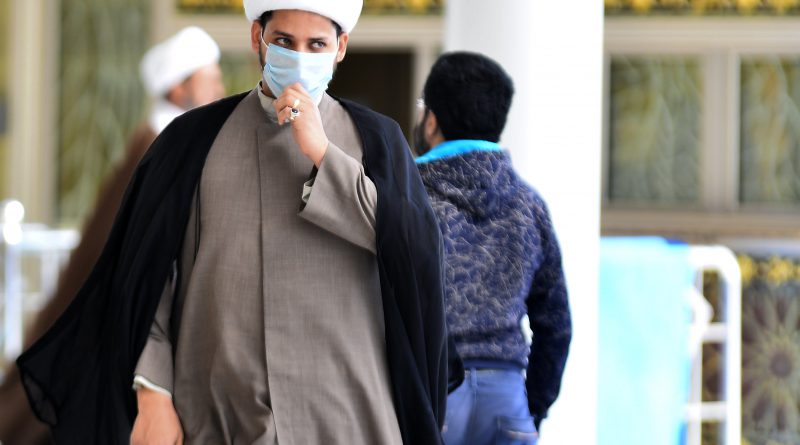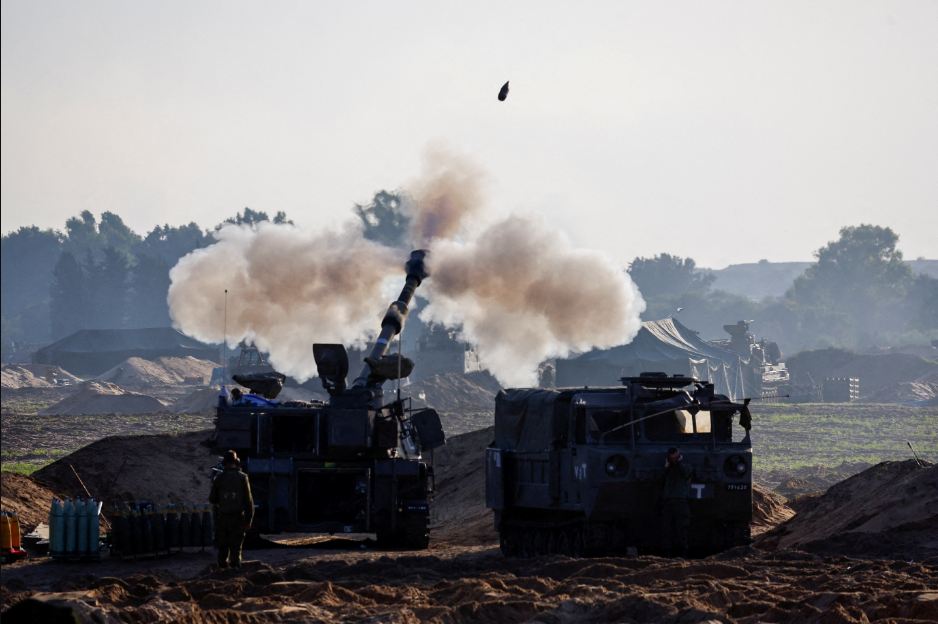Half of Iranian government employees to work remotely amid coronavirus: Rouhani
Dubai (Reuters) – President Hassan Rouhani said on Tuesday about half of all Iranian government employees were staying at home as part of measures to contain the coronavirus outbreak in the Middle East’s worst-affected country, state television reported.
“Many government employees will continue to work from home but civil servants with sensitive jobs that are vital for the public will be allowed to work from the office,” said Rouhani. “The aim is to keep more people at home.”
The death toll from the respiratory pandemic in Iran increased by 122 to 1,934 on Tuesday, among a total of 24,811 infections, according to Health Ministry spokesman Kianush Jahanpur.
Rouhani added that to curb the spread of coronavirus, a temporary release of prisoners announced earlier this month would be extended by 15 days to April 19.
On March 17, the Iranian judiciary said it had temporarily freed about 85,000 people from jail, including political prisoners, in response to the spread of coronavirus.
The U.N. Special Rapporteur on human rights in Iran, Javaid Rehman, said on March 9 that he had asked Tehran to free all political prisoners temporarily from the country’s overcrowded and disease-ridden jails amid the outbreak.
According to a report Rehman submitted to the Human Rights Council in January, Iran said it had 189,500 people in prison.
The Islamic Republic’s clerical rulers have blamed U.S. sanctions for Tehran’s difficulties in curbing the outbreak, urging the international community to put pressure on the United States to lift sanctions to help Tehran fight the contagion.
Tensions between the two long-time adversaries have been running especially high since 2018, when U.S. President Donald Trump exited Tehran’s 2015 nuclear deal with six world powers and reimposed sanctions that have crippled the Iranian economy.
Iran’s top authority, Supreme Leader Ayatollah Ali Khamenei, on Sunday refused a U.S. offer of humanitarian assistance, saying “they could be giving medicines to Iran that spread the virus or cause it to remain permanently in Iran”.
Doctors Without Borders (MSF) sent a team and temporary hospital unit to Iran on March 22 but said on Tuesday its plan to set up a 48-bed emergency centre to treat severe coronavirus cases in the city of Isfahan had been put on hold.
“We thank them for their help…(But) we have more than 10,000 hospital beds and 10,000 post-hospital beds, of which most are available…A hospital with 48 beds is not suitable for our conditions,” said Jahanpur.
“However, we welcome any kind of consignment…and protection equipment sent to us by any government or non-governmental organization in the world.”



